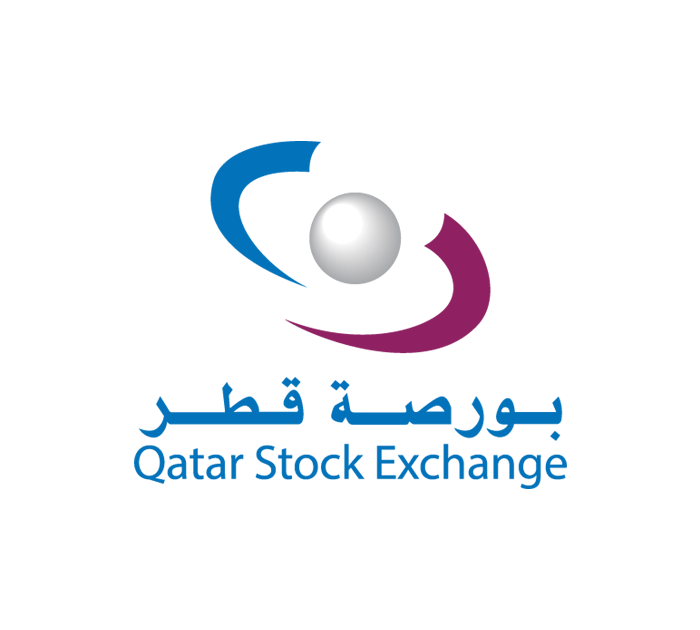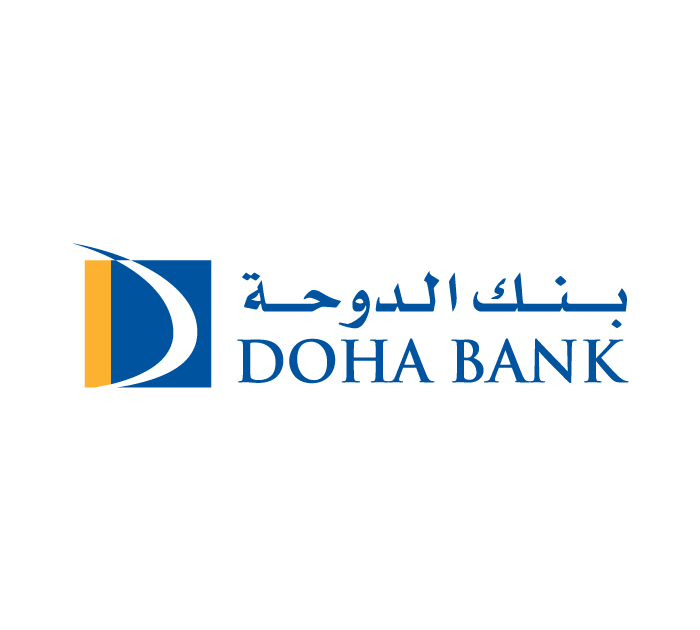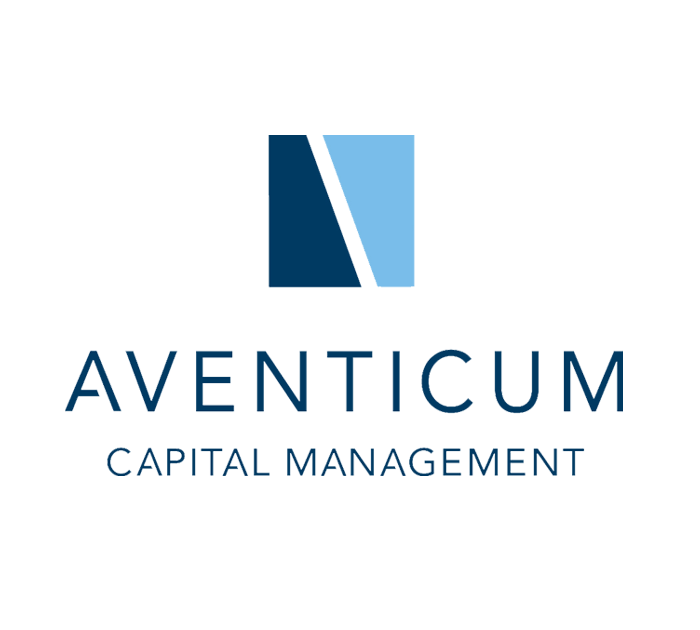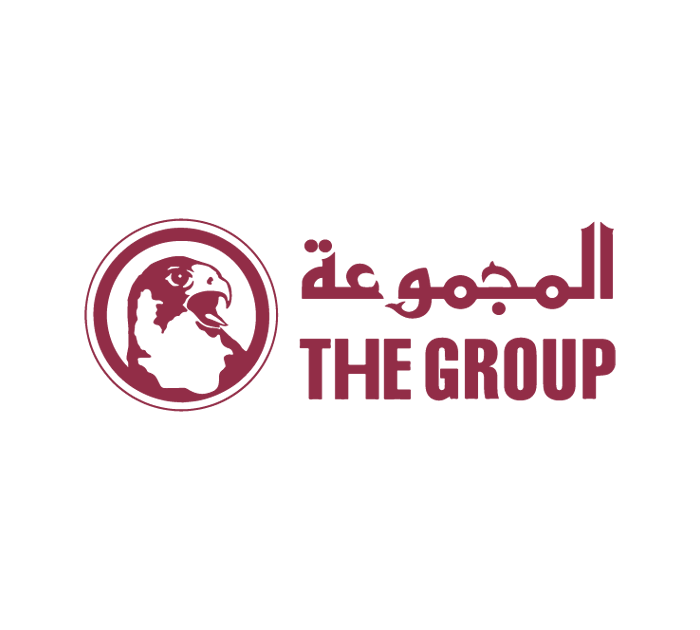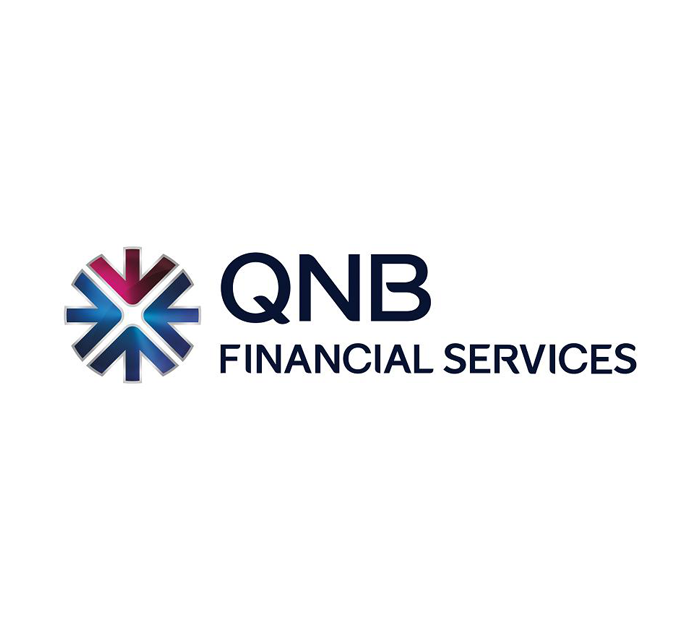Qatar Exchange Traded Fund
With the rise of Passive Investing – let the ‘QETF’ be your Qatar investment solution
QETF announces the distribution of dividends for 2024
Doha Bank QPSC, as founder, and Aventicum Capital Management (Qatar), the fund manager of the QE Index ETF (the “Fund”) today announces a cash distribution of QAR 0.477 per unit. Unitholders of record of the QETF, at the close of business 16 April 2025, will be entitled to receive the cash distribution.
Dividend Distribution for 2024
22/10/2024 – QE Index ETF discloses proposed amendments to its Articles of Association and Prospectus
The Case for Investing in Qatar
- Sovereign Ratings Aa2 (Moody’s) and AA (S&P & Fitch)(1).
- Qatar is one of the largest exporters of LNG with a global market share of circa 20% of total LNG exports (for 2024)(2).
- Qatar plans to raise its LNG production from 77mtpa to 142mtpa by 2030. The planned expansion of the North Field production signals a new era of growth, which will further boost Qatar’s leading global position(3).
- IMF expects Qatar’s real GDP growth to be 1.9% for 2025, 5.8% for 2026, and 7.9% for 2027(4).
- Significant investments have been made post the 2022 FIFA World Cup, as Qatar remains committed to developing cultural and entertainment projects and events to boost its tourism sector over the next few years, where they are targeting 6 million tourists per annum. Qatar Tourism witnessed over 5 million tourists in 2024, 25% more than the previous year.
- In January 2024, the Third National Development Strategy (NDS 2024-2030) was launched, outlining the last phase of engagements, developments and efforts to achieve and deliver the Qatar National Vision 2030. In recent years, Qatar has used its budget surpluses to diversify the economy through increased spending on infrastructure, social programmes, healthcare and education, which have modernised Qatar’s economy. Qatar’s economic growth has also enabled it to diversify its economy through domestic and international investment into different classes of assets. This diversification will be important to Qatar’s future.
- Qatar continues to have one of the lowest corporate tax rates globally; with a 10% corporate tax rate and tax exemptions for different accounts, it qualifies Qatar to be ranked in the top 3 globally(5).
Performance since Inception
| Performance | 12/02/2018 | 29/01/2026 | Price Change | Tracking Difference |
|---|---|---|---|---|
| QE Index | 8,987.51 | 11,310.38 | 25.85% | – |
| QETF NAV | 8.988 | 11.000 | 22.39% | -3.46% |
| Performance | 12/02/2018 | 29/01/2026 | Total Return | Tracking Difference |
|---|---|---|---|---|
| QE Index | 15,174.18 | 27,043.74 | 78.22% | – |
| QETF NAV | 6.456 | 11.000 | 70.38% | -7.84% |
For more details click here or Inquire Now
Fund Description
| Founder | Doha Bank, Q.P.S.C. |
| Fund Manager | Aventicum Capital Management (Qatar) LLC |
| Liquidity Provider(s) | QNB Financial Services & Commercial Bank Financial Services |
| Auditor | PricewaterhouseCoopers ‘PWC’, Qatar |
| Base Currency | Qatari Riyal (QAR) |
| Commercial Registration number | 96762 |
| QCB License number | IF/26/2016 |
| Qatar Exchange Ticker | QETF |
| ISIN | QA0001W26QQ0 |
| Net Asset Value | 1/100 of the price index (estimated to be on listing day) |
For more details click here or Inquire Now
Key Investor Information
- The QETF seeks to replicate the investment outcome of the Qatar Stock Exchange price index, through investing in the underlying constituents based on their individual index weights; the crown jewels if you will … like QNB, Industries of Qatar, Qatar Water & Electricity and Ooredoo to name a few…
- The QETF will distribute accumulated dividends annually, gained from its investment portfolio, net of fees. The QETF expects to pay at the end of the corporate actions period to those shareholders that are entitled on April 30th, or such other date or dates determined by the Founder.
- Total Expense Ratio is the total cost of managing and operating the QETF, and shall not, exceed the amount of 0.50% of the average daily net assets of the QETF and reflective in the published Net Asset Value (NAV) of the QETF.
- The QETF is open to retail, institutional and both local and foreign investors in a convenient and easy way to gain exposure to the growth of Qatar via the Qatar Stock Exchange listing. Without having to purchase shares in multiple companies you can get the index with one click by purchasing the QETF.
- All you need to do is have an investor number (NIN) and an account with a licensed broker that allows you access to the Qatar Stock Exchange for trading.
- The QETF also has dedicated Liquidity Provider’s to ensure secondary market liquidity, The Group Securities Company and QNB Financial Services to handle the licensed and regulated activities.
For more details click here or Inquire Now
FAQs
An ETF or ‘Exchange-Traded Fund’ is an investment that is built like an investment fund — it invests in individual securities listed on an exchange and trades on an exchange throughout the day like a stock.
The biggest advantages of investing in ETFs versus investing in funds or stocks include:
- Diversification
- Tradable
- Instant Pricing
- Transparency
- Low Total Expense Ratio (TER)
Listed ETFs have the same risk profile as listed stocks and hence they are governed by the same rules and regulations as per the local regulators in Qatar, who include Qatar Central Bank (QCB), Qatar Financial Markets Authority (QFMA) and Ministry of Commerce and Industry (MOCI).
Furthermore, just like stocks, ETFs can go up and down in price depending on market performance. Nothing is guaranteed.
Firstly, the question presupposes that the investment fund that has outperformed a market in the past will continue to do so in the future. Numerous studies by unbiased researchers have shown clear evidence that funds with leading performance records are more likely to underperform than outperform the market several years into the future. Many investors have concluded that they are better off not taking the risk and instead remain happy with the market returns of an index fund. Secondly, actively managed funds inevitably have higher annual management fees and performance fees.
A NAV or ‘Net Asset Value‘ means the value of units on a particular Dealing Day, calculated by dividing the Total Net Assets by the total number of units outstanding as of that Dealing Day, and rounded to three decimal points.
QETF ‘QE Index Exchange Traded Fund‘ is a conventional ETF founded by Doha Bank to replicate the investment outcome of the Qatar Exchange price index, through investing in the underlying constituents based on their individual index weights.
The exchange traded fund seeks to track the performance of the benchmark Qatar Exchange Price Index. The Index is the official index of Qatar, and the constituents are the 20 most highly capitalized and liquid companies listed. The QETF is a transparent, liquid and low-cost investment vehicle that offers access to Qatari Equities and the QETF will pay an annual dividend.
Yes. QETF is a unit class of Qatar index funds, and after the underlying’s distribute their dividends the fund will declare a dividend. Dividends, if any, will be distributed annually, end of each April or there about. If you decide to invest them, you can add more fund units through your local brokerage account.
No, Doha Bank does not offer brokerage services at the moment. However, you can buy the QETF just like you would buy any other tradable instrument on the Exchange through your local broker. For more information: https://www.qe.com.qa/broker-contact-information
You can place any type of trade that you would with stocks, including:
- Limit orders, which ensure that you get a price in the range you set—the maximum you are willing to pay or the minimum you are willing to accept.
- Market orders, which are likely to execute immediately at the best available price, but you have less control over the price you pay or receive.
The market price of the QETF is 1/100th of the price index on the day of listing. Moving forward net of fees will be the tracking error. At the end of each trading day, the actual NAV will be published and the Qatar Stock Exchange (QSE) will use it for the next trading day, as they are responsible to publish an iNAV throughout the trading day which will be updated every 15 seconds.
The market price can change throughout the trading day and may be above or below the total value of the underlying stocks the ETF invests in. Though the difference is usually small, it could be significant when the market is particularly volatile.
The market price of an ETF is driven in part by the supply and demand during the trading day, while the actual NAV at the end of day will account for costs, cash and underlying closing positions.
Offering Documents
Private Placement and Listing Prospectus
Note: The Articles of Association & the Prospectus are under revision process and the updated version will be uploaded once approved by the regulators and unitholders.
Key Investor Information
Fact Sheet
Performance
Quarterly Financial Statement
Annual Financial Statement
Annual Financial Statement – 2024
Annual Financial Statement – 2023
Annual Financial Statement – 2022
Annual Financial Statement – 2021
Annual Financial Statement – 2020
Corporate Actions
Note:
Doha Bank’s retail, commercial and corporate products are granted at our sole discretion and are subject to the Bank’s terms, conditions and acceptance.
Sources:
(1) Bloomberg
(3) QatarEnergy Media Centre (4) International Monetary Fund (5) Tax Foundation


